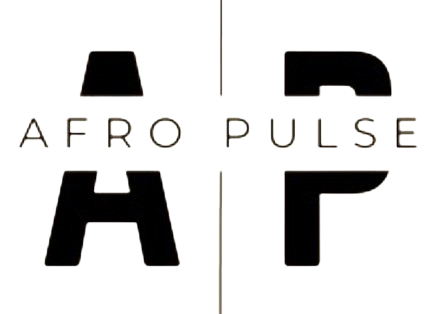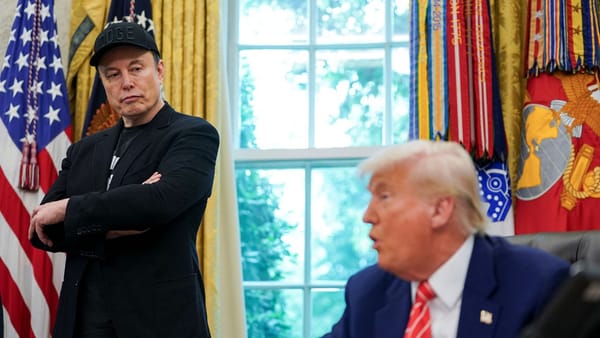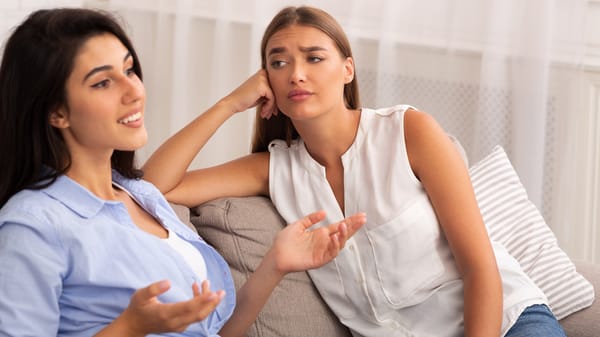Untangling the Truth: Is the Black Hair Industry Built on Insecurity?

The Black hair industry is a booming force, generating billions across the globe. Yet, it's often met with a loaded question: Is this success built on exploiting Black women's insecurities about their natural hair? This complex topic deserves nuanced exploration, avoiding easy judgments and fostering a constructive dialogue.
Seeds of Discontent:
Criticisms often stem from historical baggage. For centuries, Eurocentric beauty standards deemed straight, flowing hair as desirable, leaving many Black women feeling their natural texture wasn't "good enough." This fueled the market for relaxers, weaves, and extensions, promising a shortcut to societal acceptance.
Marketing and Representation:
Marketing within the industry plays a crucial role. Images often showcase long, flowing styles, rarely reflecting the rich diversity of natural textures. This can contribute to feelings of inadequacy, pushing women towards chemically processed or extension-dependent styles.
However, dismissing the entire industry as solely exploitative is unfair. Many argue that Black hair products and services:
- Empower self-expression: Offering tools and techniques for diverse styles allows women to explore their individuality and cultural identity.
- Create jobs and economic opportunities: Black-owned businesses within the industry provide employment and financial freedom for countless individuals.
- Address real needs: From scalp conditions to hair loss, specialized products cater to specific concerns women face.
Beyond the Binary:
Instead of painting a black and white picture, it's crucial to acknowledge the industry's multifaceted nature. It isn't inherently oppressive, yet historical context and marketing practices can contribute to feelings of insecurity.
Shifting the Narrative:
So, how can we navigate this complex landscape? Here are some key points:
- Embrace Diverse Beauty Standards: Media and influencers have a responsibility to showcase the full spectrum of Black hair beauty, from tightly coiled kinks to loose waves.
- Support Black-Owned Businesses: Choosing brands with ethical practices and diverse representation empowers both consumers and communities.
- Promote Hair Education: Understanding hair health, exploring natural styles, and learning techniques go a long way in fostering self-acceptance.
- Challenge Internalized Biases: Recognizing and dismantling societal beauty standards that equate straight hair with desirability is crucial.
Ultimately, the Black hair industry isn't a monolith. It reflects the multifaceted reality of Black women's experiences and aspirations. By addressing past harms, promoting diverse narratives, and embracing self-love, we can move towards a future where the industry truly empowers Black women in their unique beauty.
This conversation is ongoing. Share your thoughts in the comments below!





